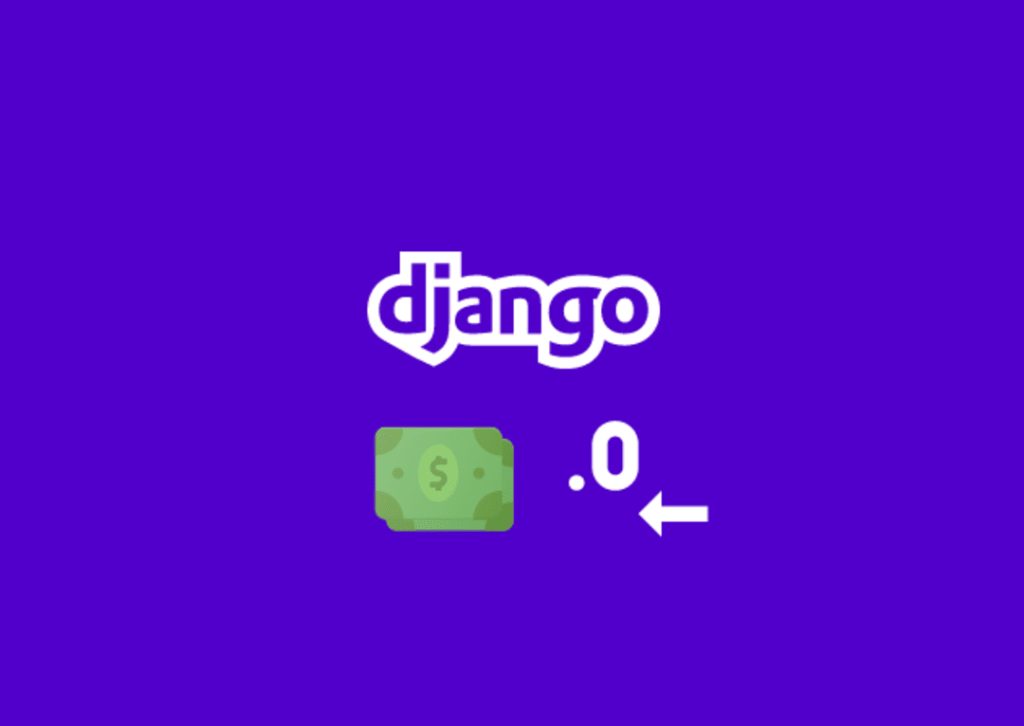Django is a free and opensource web application development framework developed in Python. It’s used by many websites around the world to handle high-volume traffic, such as Pinterest and Instagram. The framework is also popular with those developing educational platforms, including LMS solutions that incorporate course management, collaboration tools like discussion boards and chat rooms, and more.
Building User-Friendly Interfaces for Educational Platforms with Django
Django is a highly powerful framework for developing web applications. It has been used to build some of the most popular websites in the world, including Instagram and Pinterest.
Django was created by Adrian Holovaty in 2003 and released under the MIT License. The name “Django” comes from a jazz guitarist who became famous for his Django Reinhardt compositions.
The popularity of Django development services lies in Django’s ease of use, extensibility, and security features, making it a great choice for developers who want to build high-quality websites quickly and efficiently without worrying about any technical difficulties along the way.
Implementing Interactive Assessments and Quizzes in Django
Django is a great choice for educational platforms because it is easy to use and can be implemented in a variety of ways. It is also highly customizable, which makes it easy to customize your website to suit your needs and you can always contact the development company for learning management systems consulting if you run into any difficulties along the way.
Django is an open-source toolkit for developing web applications quickly, using Python as its programming language. It was created by Lawrence “Larry” Hastings who wanted to create a framework that was similar to PHP without any security issues or bugs like those found in PHP frameworks like CodeIgniter or Zend Framework 2 (ZF2). He named this framework Django after his jazz band called Django Reinhardt whose songs were all about love and happiness
Enhancing Collaboration and Communication in Educational Platforms with Django
The Django framework is a powerful tool for creating robust, maintainable web applications. It has many features that make it an excellent choice for educational platforms:
- Class-based views allow you to create reusable components that can be used throughout your site. This makes it easier to add new features, such as user authentication and content management systems.
- The user authentication system provides control over access to pages containing sensitive information (such as grades) by restricting them based on the user’s role within your organization or school district. This keeps unauthorized people from viewing or changing this information without permission from administrators who have been given access privileges themselves through their accounts on the system.
- The templating system allows developers working with Django projects built using Python 2x versions 4x onward–which includes all versions since 3x onwards–to build websites using HTML5 syntax instead of plain old HTML4/XHTML which may cause compatibility issues when viewed by older browsers like Internet Explorer 9+, Chrome 15+.
Security and Privacy Considerations in Django Educational Platforms
When sensitive student data and confidential information is being processed, robust security measures must be in place. Django provides a strong foundation for securing education platforms with features such as user authentication, role-based access control, and protection against common web vulnerabilities such as cross-site scripting and SQL injection. Django also supports encryption and hashing methods to protect sensitive data. Privacy is equally important, and Django offers features such as session management, secure cookies, and content security policies to protect user privacy. By following best practices, conducting regular security checks, and keeping security patches up to date, Django education platforms can provide a safe and secure environment for students and teachers alike.
Conclusion
We hope this article has given you a sense of what it’s like to develop educational platforms with Django.







